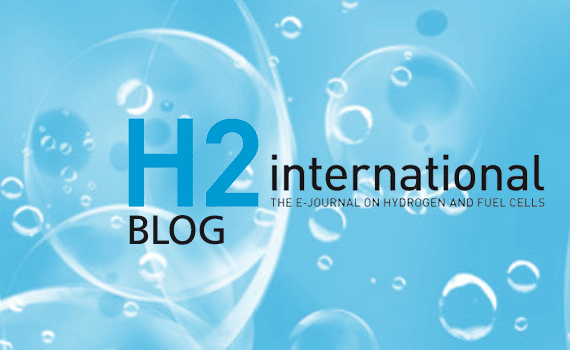Future accounting calculates sustainability
Money makes the world go round. Companies seek to maximize profits, countries their GDPs. In both cases, we are dealing with figures in dollars, euros or some other currency. But what about values or services without a price tag? Such as employee health. The advice and expertise of colleagues freshly retired. What is the long-term cost of cutting down a forest? How expensive is sustainable (or industrial) farming? So far, most accounting revolves solely around financial issues.
Social or environmental aspects are rarely mentioned, unless a company publishes a separate sustainability report. As a result, many conventional technologies are still considered economically viable simply because their long-term impact is ignored. Gray hydrogen is a prime example. Produced from natural gas, it is much cheaper than hydrogen from clean energy sources. Yet, the latter option is far more sustainable. A new, holistic approach to accounting could balance out the difference.
According to the IMF website, a “GDP measures the monetary value of final goods and services – that is, those that are bought by the final user – produced in a country in a given period of time.” The OECD describes it as an “aggregate measure of production equal to the sum of the gross values added of all resident institutional units engaged in production (plus any taxes, and minus subsidies, on products not included in the value of their outputs).”
In short, monetary values tell you what people are worth and how much they contribute to society. We live in a meritocracy, opting into its downsides.
Long before Covid-19 engulfed the world, people have been debating about the rightness of the policy instruments we use to remunerate a given person’s true contribution. Following the Fall of the Berlin Wall, discussions zeroed in on what numbers to assign GDR citizens’ lifetime achievements so the government could allocate the correct amount of retirement funds. Since then, similar issues have arisen regarding housewives’ contributions as well as those of people caring for the elderly.
Many parents know first-hand just how exhausting childcare can be – not that they get paid for it. Overall, it is not easy, and sometimes even impossible, to assign monetary values to people’s work.
A revolution dawns in farming and energy production
A German group of companies called Regionalwert recently devised a method with the potential to revolutionize accounting in the agricultural industry and possibly the energy sector as well. With the help of software giant SAP, the idea conceived by Christian Hiß is now moving from initial regional experiments to the mainstream. An imminent breakthrough could have far-reaching implications, especially for the energy industry, as Regionalwert’s sustainability assessment could uncover the “real” value of green hydrogen.
Many moons ago, Hiß, a gardener by trade, began his quest to determine agricultural work’s factual contribution to society. He believes farmers have accumulated a wealth of knowledge, sometimes at great personal cost, that has never been recorded on a balance sheet.
… Read more in the latest H2-International e-Journal, Feb. 2021


























0 Comments